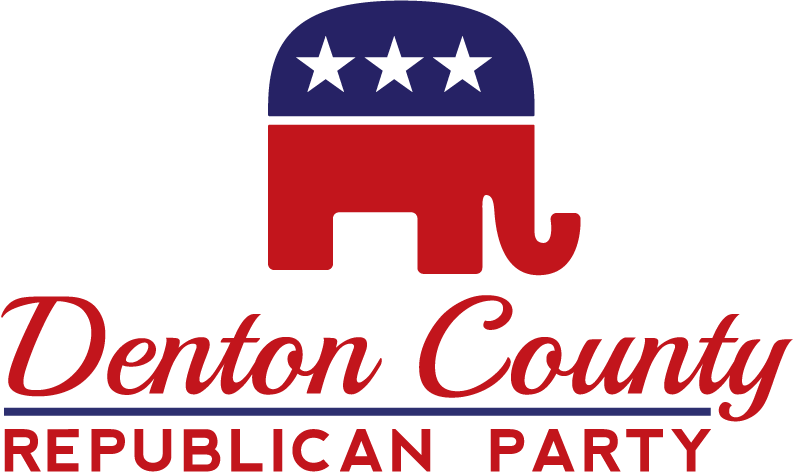|
||||||||||||||||||||||||||||||||||||||||||||||||||||||||||||||||||||||||||||||||||||||||||||||||||||||||||||||||||||||||||||||||||||||||||||||||||||||||
|
State Senator Drew Springer’s Capitol Update
Recent Post
December 4, 2023
Newsletter December 4, 2023
December 1, 2023
U.S. Senator Cornyn – Thankful but Vigilant
November 30, 2023
Representative Jared Patterson – I’m Running!
November 27, 2023
Newsletter November 27, 2023
November 23, 2023
U.S. Senator Ted Cruz – Happy Thanksgiving
November 23, 2023
State Senator Drew Springer – Happy Thanksgiving
November 22, 2023
State Representative Kronda Thimesch – HD 65: Giving Thanks



